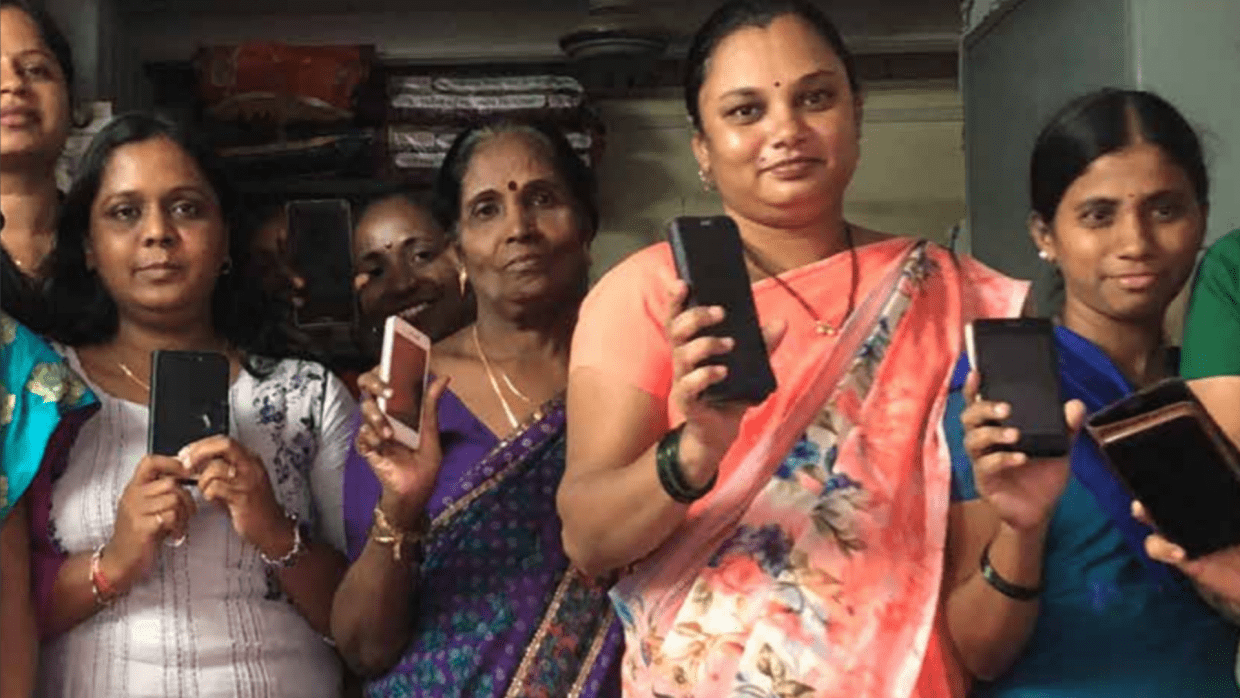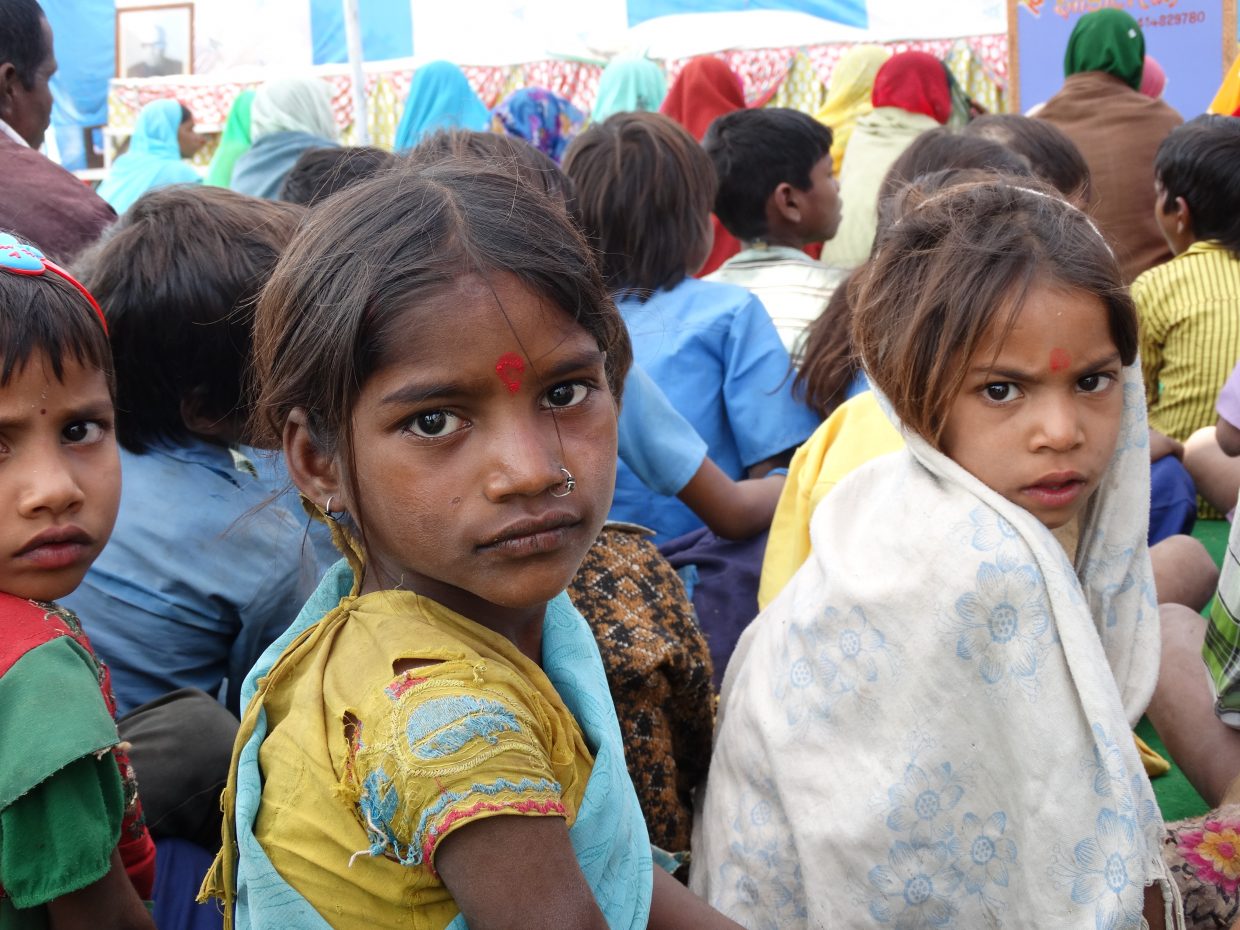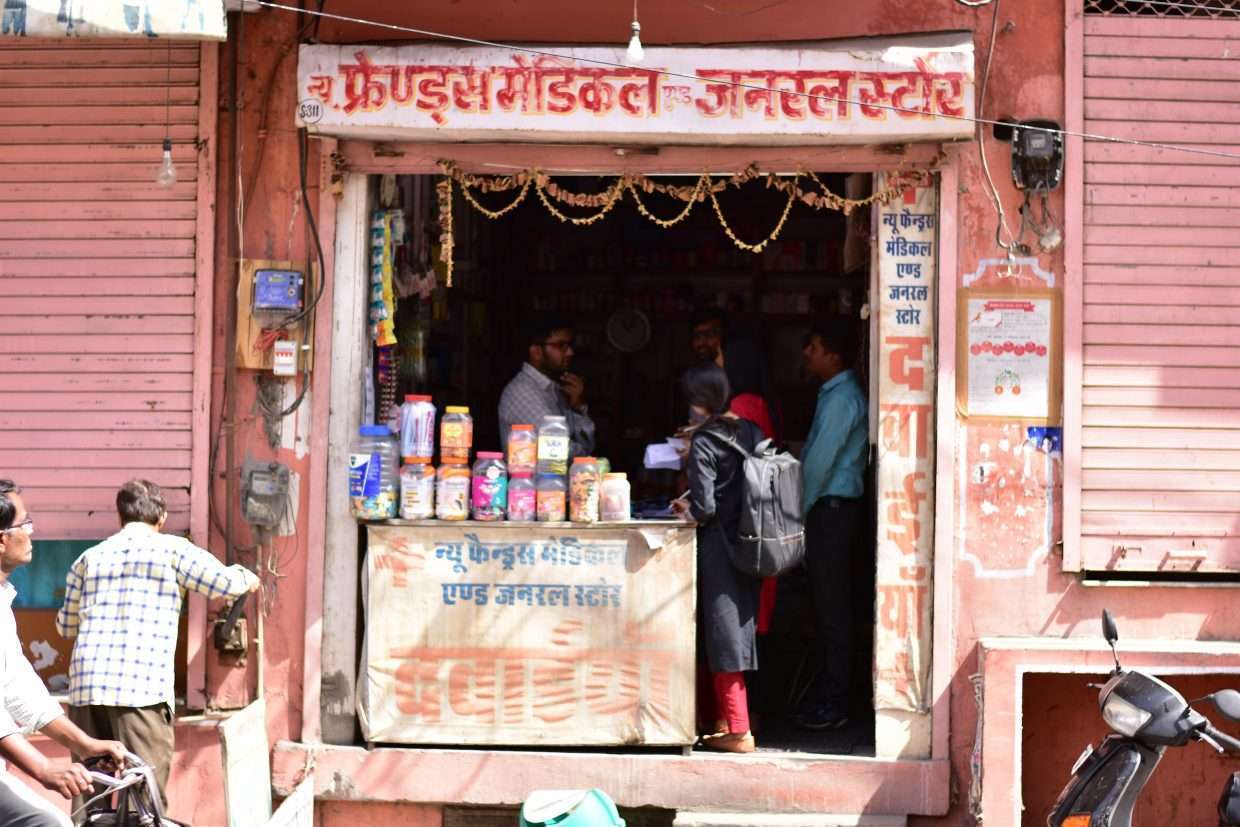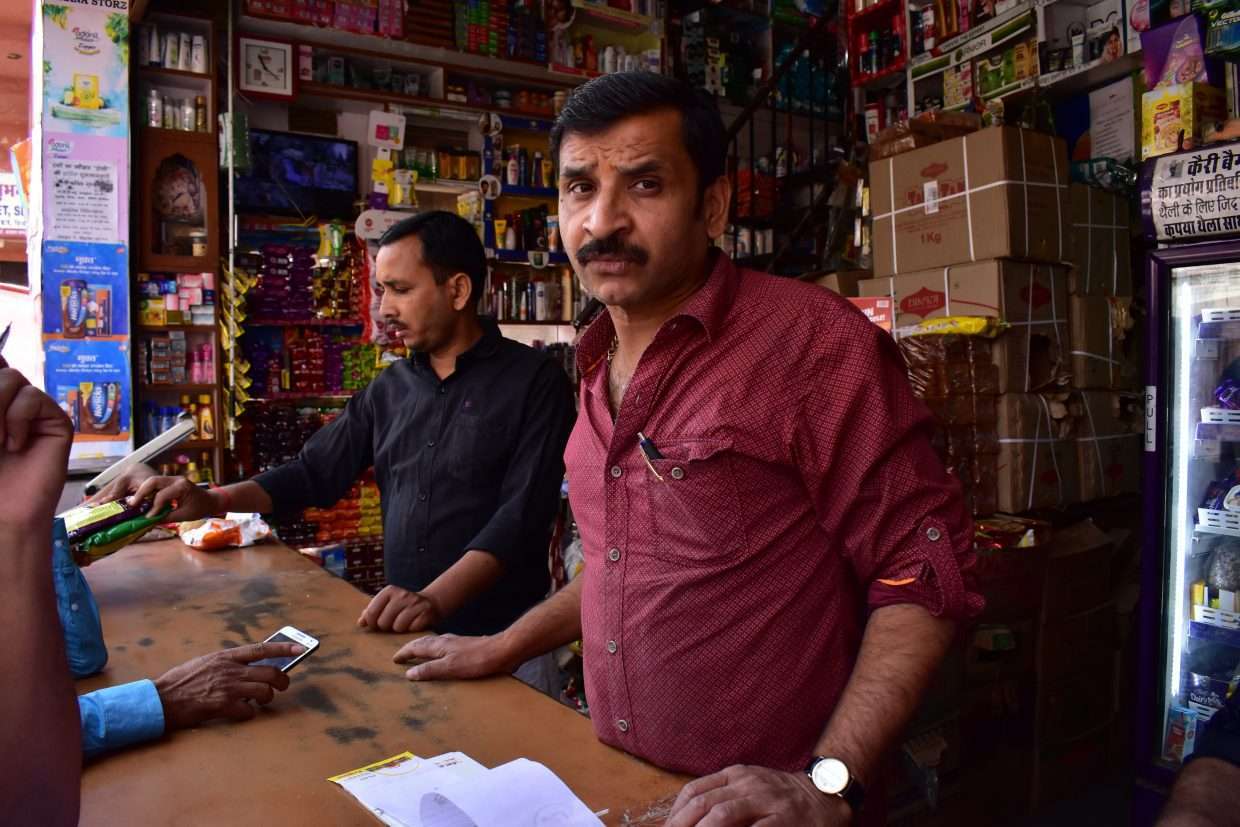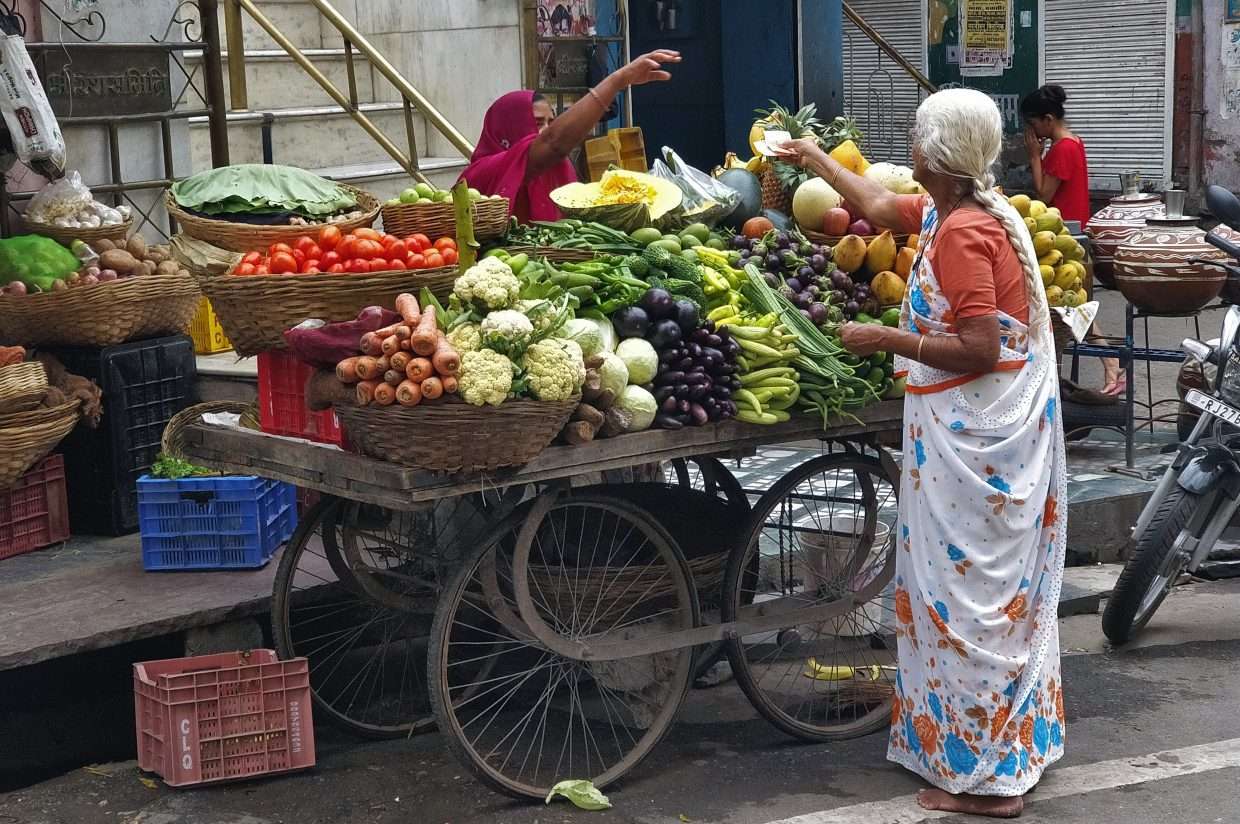This infographic captures pathways of impact for a project with the Chhattisgarh’s State Rural Livelihoods Mission (Bihan) and key stakeholders in the ecosystem which seeks to better understand and test how digital solutions can enable SHGs to promote women’s social … Read More
Publications
Digital Solutions to Unlock the Potential of SHGs and Their Federations
LEAD at Krea University | March 11, 2020
Women-led Digital Financial Inclusion and Entrepreneurship
Kanika Joshi, Shruti Sheopurkar | March 10, 2020
This learning note explores the role of digital and financial inclusion in the economic empowerment of women and female entrepreneurship.
Business Readiness Scorecard for Women
Rigzom Wangchuk, Ria Dutta, M P Karthick, Kanika Joshi | March 9, 2020
The Business Readiness Scorecard for Women-Handloom and Handicrafts Sector (WBRS-HHS) is a data-driven diagnostic tool, which attempts to identify key constraints and high-performance areas for home-based enterprises in the handloom and handicrafts sectors of India. The WBRS tool was developed … Read More
Access to Affordable Daycare and Women’s Economic Opportunities: Evidence from a Cluster-Randomised Intervention in India
Parul Agarwal, Anoushaka Chandrashekar, Sam Harper | March 8, 2020
In this paper, the authors used data from a cluster-randomized trial in rural Rajasthan, India to evaluate the impact of providing access to a community-based daycare program on women’s economic outcomes two years later. The sample included 2858 mothers with … Read More
Markers of Trust: Recreating Digital Ecosystems for Women in Low-income Clusters
Shilpa Pandit | December 1, 2019
This learning note presents insights on the key aspects for designing a more inclusive and enabling digital ecosystem for women from low-income households, based on immersive qualitative research. The study focused on four different segments of female micro-entrepreneurs and self-employed … Read More
Digitizing Micro-merchant Ecosystems – Supply Chains
Catalyst | December 1, 2019
This report presents insights from a series of experiments that explore the potential of digitizing payments within dairy, pharma and FMCG supply chains. The experiments were conducted as part of Catalyst’s digital payments lab in Jaipur, Rajasthan.
Digitizing Micro-merchant Ecosystems – Roving Service Providers
Catalyst | December 1, 2019
This report presents insights from Catalyst’s survey of roving service providers in Jaipur. It highlights pain points that this segment of micromerchants faced in adopting and using digital payments, and presents tailored strategies to enable digitisation.
Digitizing Micro-merchant Ecosystems – Fixed Stores
Catalyst | September 1, 2019
This report presents insights from Catalyst’s survey of fixed-store establishments in Jaipur. It highlights pain points that micromerchants face in digitising their financial and business transactions, and presents strategies to enable digitisation grounded based on human-centred design.
Enabling Dialogue Between Regulators and Innovators for Financial Inclusion: Seven Use Cases to Test the Waters
Catalyst | August 23, 2019
This policy note highlights ‘high impact’ use cases for promoting digital payment adoption in India, and offers templates for stakeholders to test them using a sandbox approach and provides recommendations for creating a more enabling regulatory and policy environment.
Testing IVRS as a Tool to Promote Digital Payment Adoption Among Micro and Small Merchants
Catalyst | August 22, 2019
This field story presents learnings from a study which tested a dedicated Interactive Voice Response System (IVRS) platform to spread awareness about digital payments among small merchants.
- « Previous Page
- 1
- …
- 7
- 8
- 9
- 10
- 11
- …
- 30
- Next Page »


